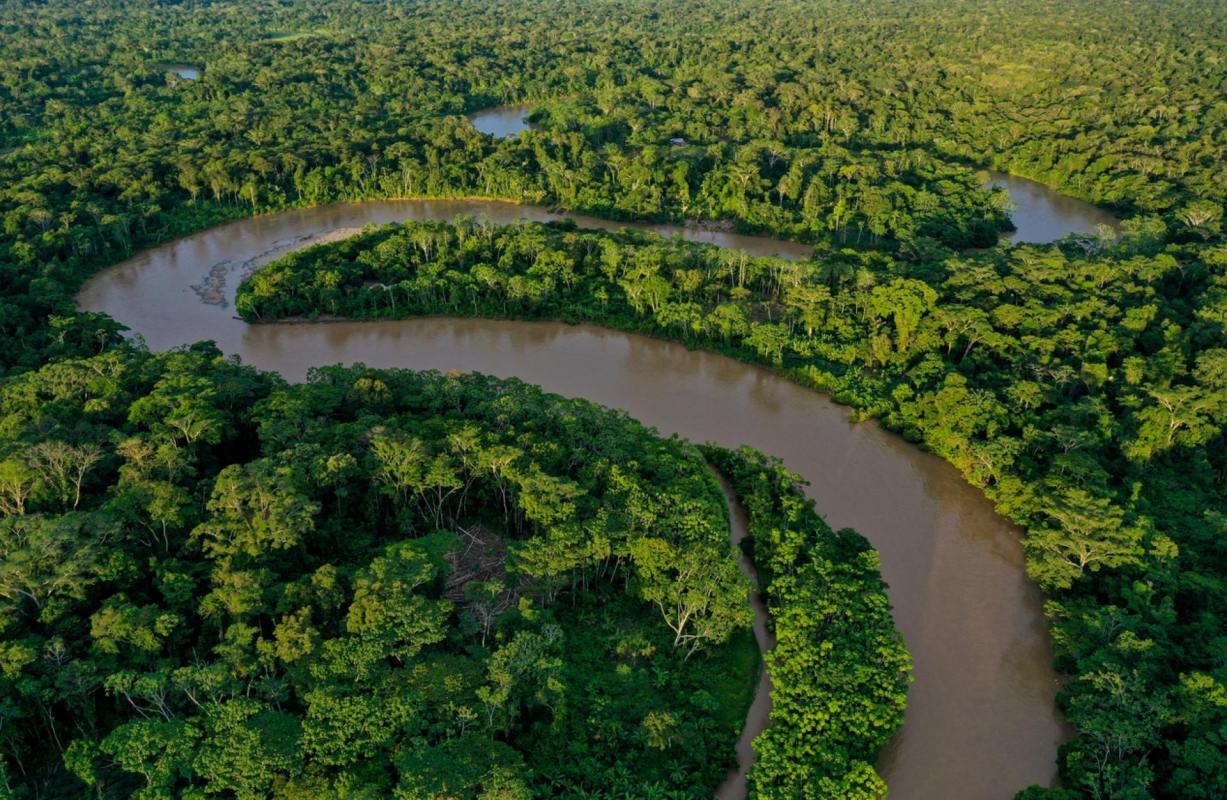Scientists have found a new giant anaconda species on Waorani Indigenous land in Ecuador.
Researchers in the Amazon rainforest announced their classification of the northern green anaconda (Eunectes akayima), which might be the biggest snake on the planet. The largest snake recorded so far measured over 20 feet in length, and Indigenous accounts suggest that even longer individuals may be found, according to Mongabay. Waorani guides helped lead the researchers to the previously undocumented anacondas and are listed as co-authors of the new study.
As apex predators, anacondas are essential fixtures in their ecosystems, helping to control the population rates of smaller species like rodents, fish, and even deer.
"Losing these magnificent snakes would be catastrophic," Bryan Fry, a National Geographic Explorer, biologist at Australia's University of Queensland, and co-author of the study, told The Conversation. "They keep animal numbers in check, from rats to jaguars. Without them, delicate ecological balances could be disrupted."
The territory where the northern green anacondas were found is home to the Waorani (also known as Huaorani or Waodani), and it is in danger of shrinking due to threats like rising global temperatures and oil development.
Leader Nemonte Nenquimo and her community defeated the Ecuadorian government in a lawsuit that found the government illegally coerced communities into selling their land for oil. Victories like this will help protect human communities and flora and fauna.
"We know the dangers that are coming along the way. That is why we are protecting. We don't want more contamination, destruction or exploration in the jungle," Nenquimo told Mongabay.
It's also vital to protect rainforests and jungles due to their essential contributions to the planet's overall health. The trees and greenery in rainforests absorb carbon dioxide from the atmosphere and expel oxygen.
Recent studies have shown that single elections can have a massive impact on rainforest health — after an administration shift in Brazil, the Amazon saw a 66% decrease in deforestation in just one year.
Companies like EQX Biome are also attempting to protect rainforests by launching for-profit conservation projects in place of oil exploration, while others like Living Carbon are creating bioengineered trees to help absorb more carbon.
Join our free newsletter for cool news and cool tips that make it easy to help yourself while helping the planet.









